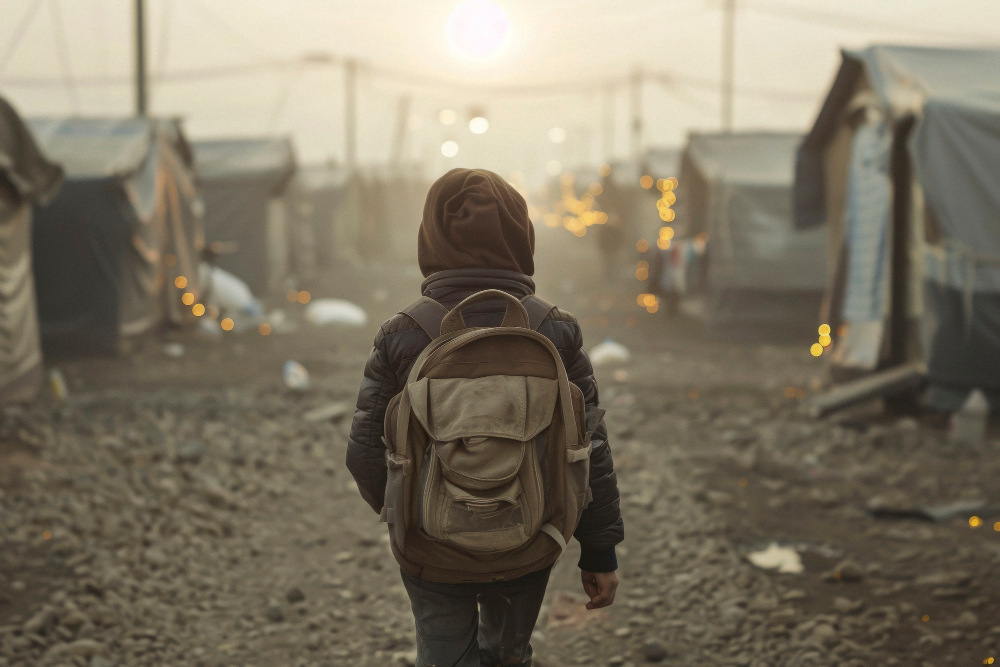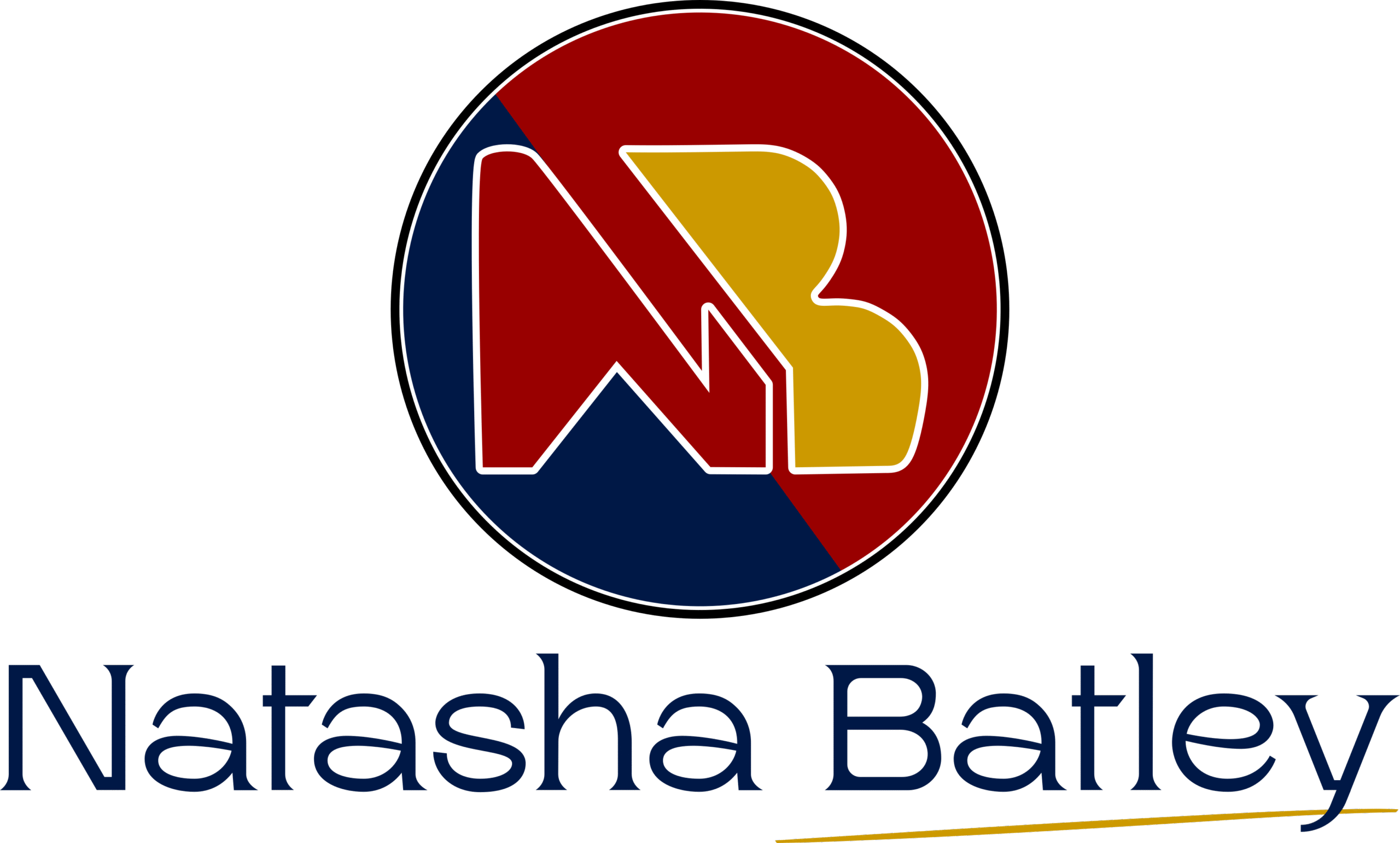Gaza has been many things to the world; a symbol of resilience, a place of tragedy and a mirror to our global conscience. In the aftermath of what can only be described as genocide, I find myself questioning not only what humanitarian aid is but what it ought to be. I have worked in development long enough to know that rebuilding after devastation requires more than relief supplies and emergency tents. It requires courage honesty and a deep shift in how we see the people we aim to help.
As the bombs fall silent and dust settle over a grieving land, I think about the mothers searching for their children under rubble, the doctors operating without light or medicine and the youth who carry trauma as their only inheritance. How do we respond to that as development workers? For me this is not just a crisis it is a reckoning.
I believe humanitarian aid in Gaza must move beyond charity and become an act of justice. We cannot rebuild schools without also rebuilding the right to learn in safety. We cannot restore hospitals without restoring the sanctity of life. Every tent pitched, every package delivered must affirm one truth: Gaza’s people are not passive recipients of aid; they are survivors with agency voice and vision. Our work must honour that.
Too often our industry responds to pain with projects instead of partnerships. But Gaza is teaching us that solidarity is not something we deliver, it is something we build. It means amplifying local leadership, investing in systems that last and centering psychosocial healing just as much as physical infrastructure. Trauma has settled into the bones of Gaza’s people. To ignore that is to fail them.
We cannot pretend neutrality is an option. To be silent on injustice, is to side with the status quo. If we do not acknowledge the politics that create and prolong suffering, then our aid efforts risk becoming complicit in the very systems we seek to repair. I have learned that true humanitarianism demands advocacy, accountability and the willingness to name what is wrong while we try to make things right.
Gaza will rise. Not because we saved it, but because its people endured and because this time perhaps, we chose to walk beside them not ahead. In this fragile moment we have a chance to redefine aid not as a gift but as a shared responsibility. I choose to believe we are capable of that.



